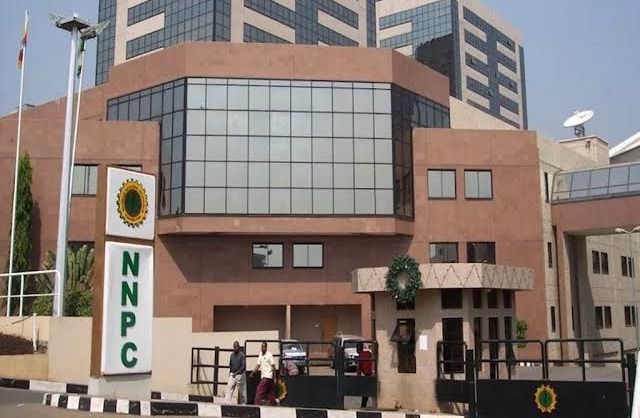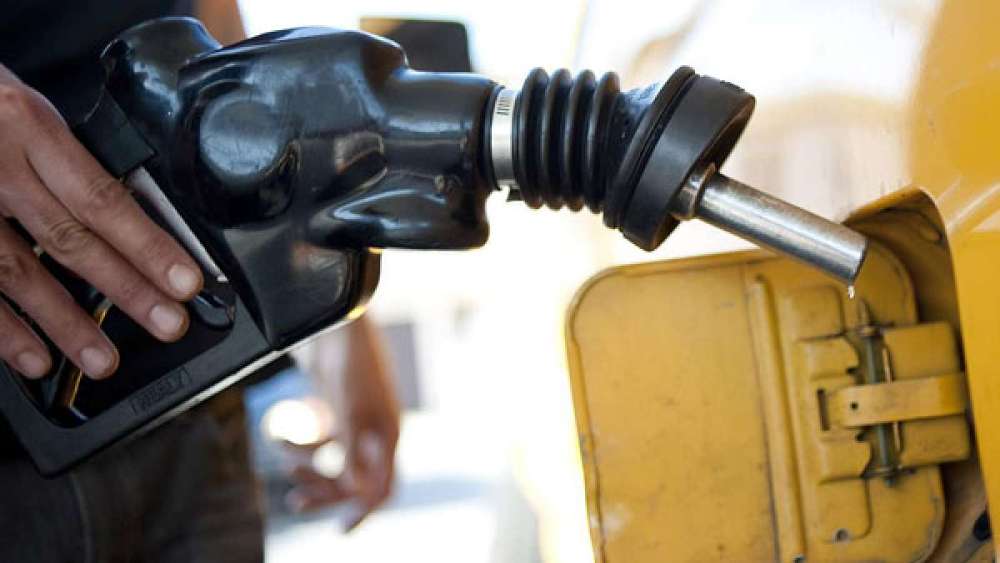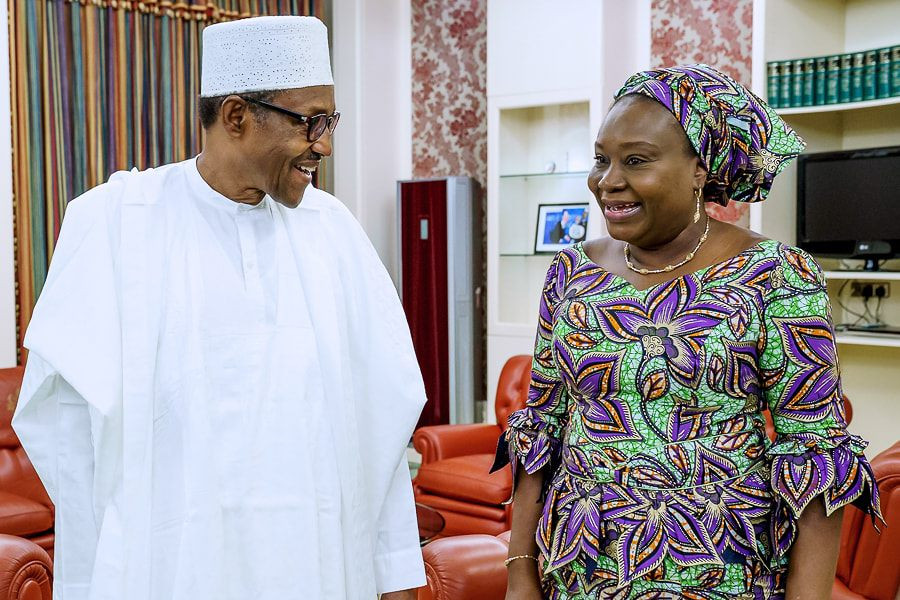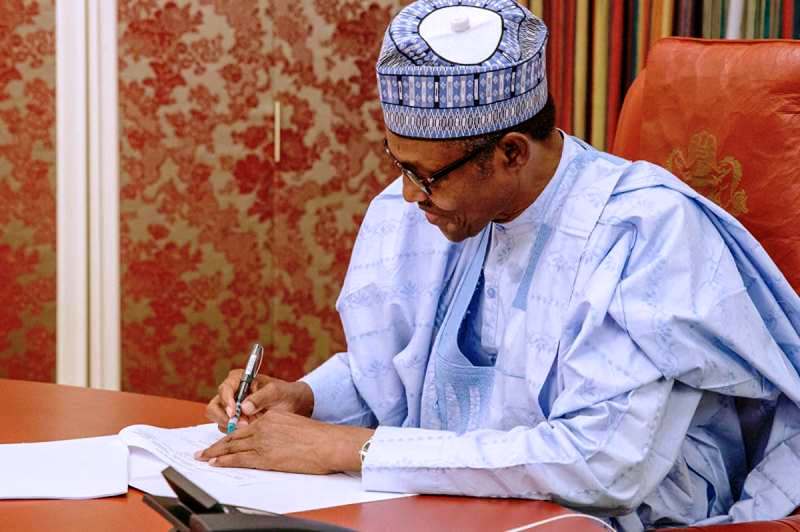The Petroleum Products Pricing Regulation Agency (PPPRA) says the March guiding prices posted on its website does not translate to increase in the pump price of Premium Motor Spirit (PMS) also known as petrol.
The PPPRA Executive Secretary, Abdulkadir Saidu disclosed this in a statement in Abuja, on Friday.
“The attention of the Petroleum Products Pricing Regulatory Agency (PPPRA) has been drawn to speculations about the increased pump price of PMS.
“The PPPRA by this release wishes to state clearly that the guiding prices posted on our website was only indicative of current market trends and do not translate to any increase in pump price of PMS.
“However, publications by the media to this effect have been misconstrued and thus misleading,’’ he said.
He said that the introduction of the market-based pricing regime for PMS Regulation 2020 was gazetted by the Federal Government.
According to him, based on this regulation, prices are expected to be determined by market realities in line with the dictates of market forces.
“One of the conditions for the implementation of the Market-Based Pricing Regime for PMS Regulation 2020 is the monthly release of guiding price to reflect current market fundamentals.
“The PPPRA in line with its mandate to maintain constant surveillance over all key indices relevant to pricing policy, monitors market trends on a daily basis to determine Guiding Prices,’’ he said.
Saidu said that the agency was not unaware of the challenges with the supply of PMS due to some concerns leading NNPC to be the sole importer of PMS.
“PPPRA is also mindful of the current discussion going on between the government and the Organised Labour on the deregulation policy.
“While consultation with relevant stakeholders is ongoing, PPPRA does not fix or announce prices and therefore there is no price increase.
“The current PMS price is being maintained while consultations are being concluded.
“Even though market fundamentals for PMS in the past few months indicated upward price trends, the pump price has remained the same and we are currently monitoring the situation across retail outlets nationwide,’’ he added.
Saidu assured the public of adequate products supply as the average PMS Day-Sufficiency as of March 11, 2021 was over 35 days.
“The PPPRA pledges to continue to perform its statutory function in ensuring that the downstream sector remains vibrant as well as support both government and members of the public,’’ he said.





